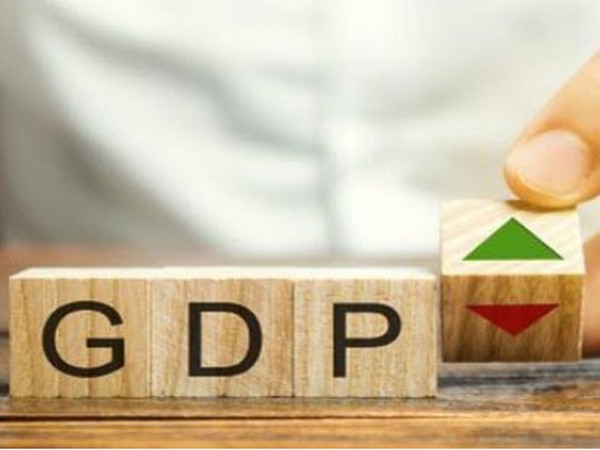India's GDP Growth: Balancing Inflation and Investment for a 7% FY25
India's GDP growth projections for FY25 hinge on strong government investment and effective inflation control to surpass the 7% mark, according to an Ernst & Young report. The RBI maintains a cautious monetary approach amid inflation concerns, despite forecasts of 7.2% growth driven by private consumption and investments.

- Country:
- India
The Ernst & Young (EY) report has laid out an optimistic outlook for India's GDP growth in FY25, contingent upon robust government investment and stringent inflation control, with expectations set to surpass 7%. However, mixed signals persist. Despite the Reserve Bank of India (RBI)'s careful stance on monetary policy amidst soaring inflation, projections remain hopeful.
As of September 2024, the Consumer Price Index (CPI) inflation was at 5.5%, nudging the average inflation for FY24's second quarter to 4.2%, slightly surpassing the RBI's 4.1% target. Predictions for the upcoming quarter suggest CPI inflation could rise to 4.8%, potentially holding back the RBI from slashing interest rates, as inflation overshoots the intended median target.
In its October monetary policy review, the RBI opted to maintain the repo rate at 6.5%, diverging from a global trend towards rate cuts, such as the 50 basis point reduction by the U.S. Federal Reserve in September. Nevertheless, the RBI remains bullish about India's real GDP growth for FY25, pegging it at 7.2%, fueled by promising private consumption and investment surges. Nevertheless, a considerable downside threat looms due to a 19.5% dip in government investment, a crucial pillar for sustaining economic dynamics.
For the fiscal year's remainder, a striking 25.5% growth in personal income tax revenue starkly contrasts with a -6.0% decline in corporate income tax revenues, underlining the difficulty in achieving the government's budgeted growth targets, compounded by a sharp downturn in capital expenditure. High-frequency economic data shows a deceleration in growth impetus, with the Manufacturing Purchasing Managers' Index (PMI) dropping to 56.5 in September and the services PMI falling below 60 for the first time since January 2024, indicating dwindling output and new orders. Furthermore, the Index of Industrial Production (IIP) contracted for the first time since October 2022, underscoring broader economic hurdles.
The International Monetary Fund (IMF) anticipates a moderation in India's GDP growth from 8.2% in FY24 to 7% in FY25, and down to 6.5% in FY26, citing the waning of pent-up pandemic demand. To sustain growth momentum, expedited government investment is crucial to avoid crowding out private sector initiatives. (ANI)
(With inputs from agencies.)










